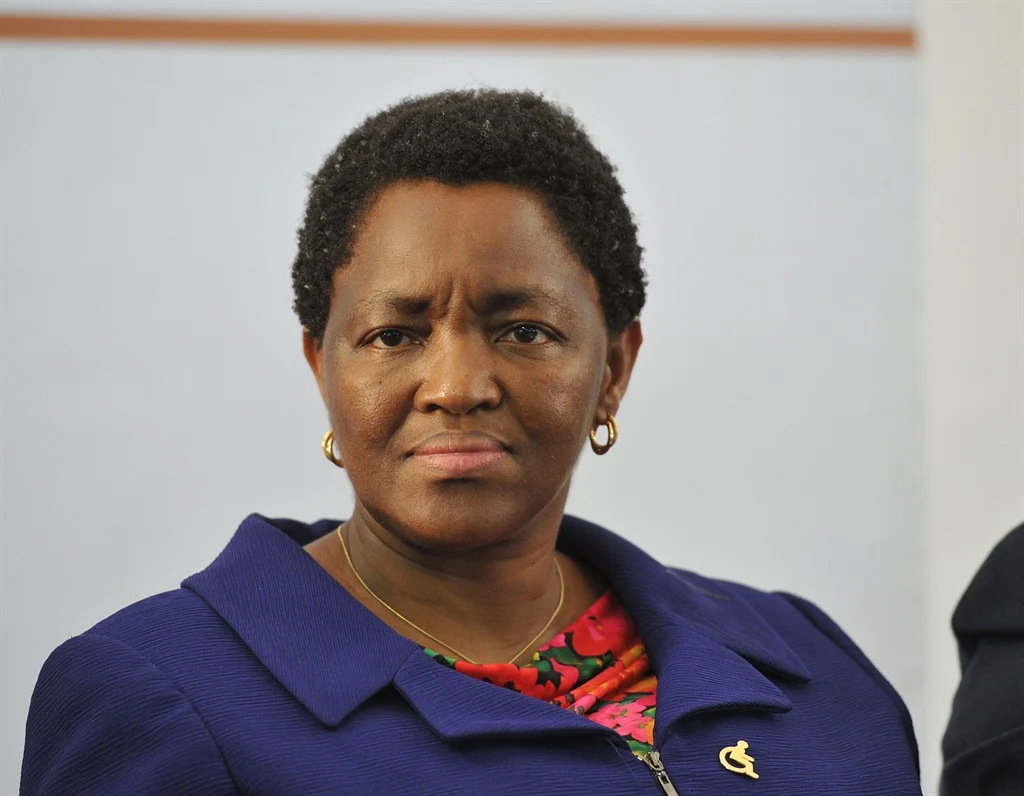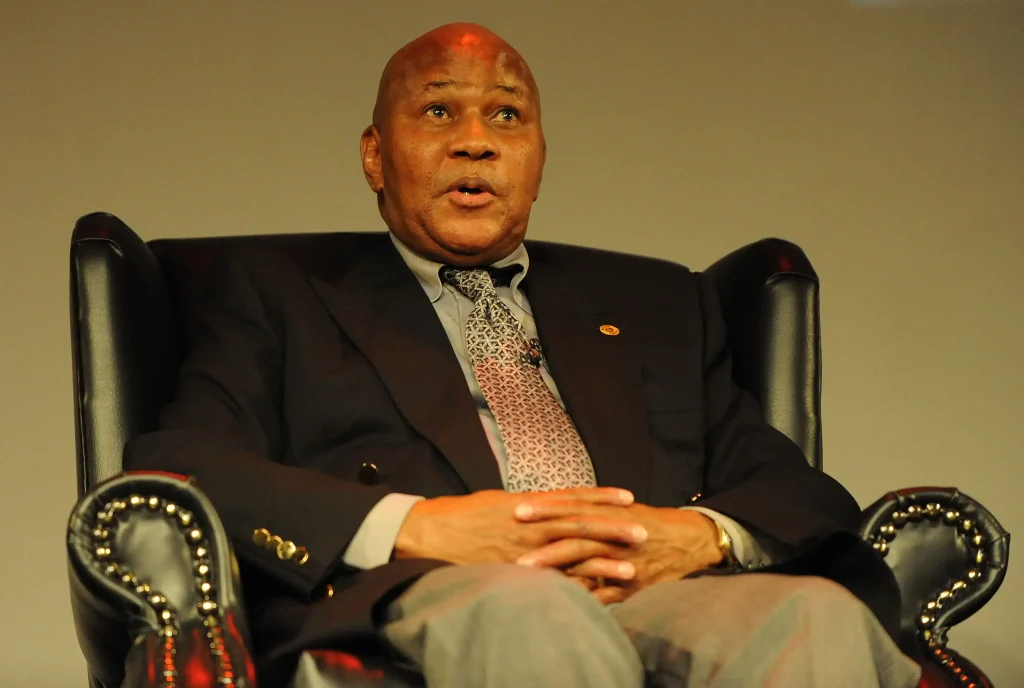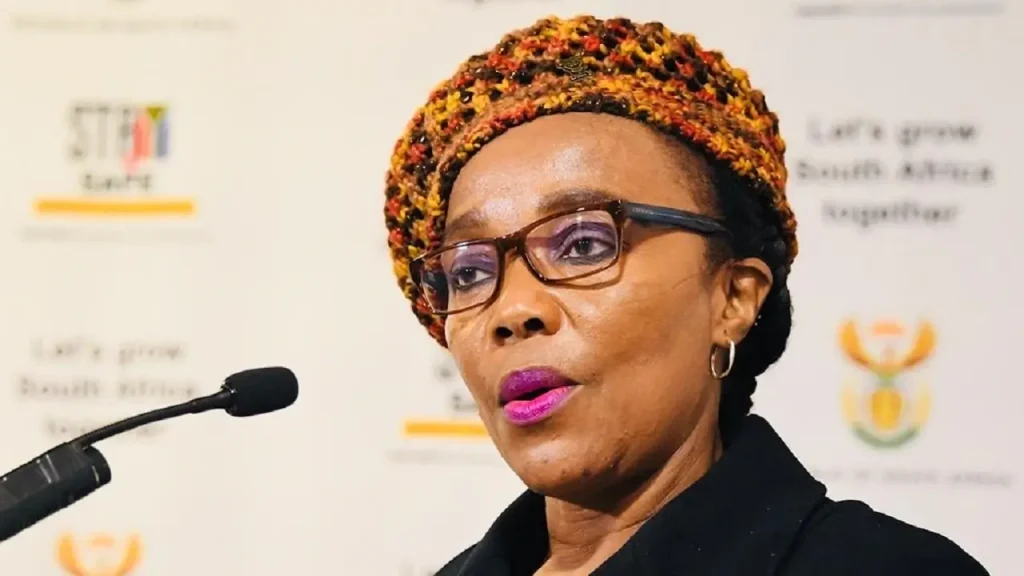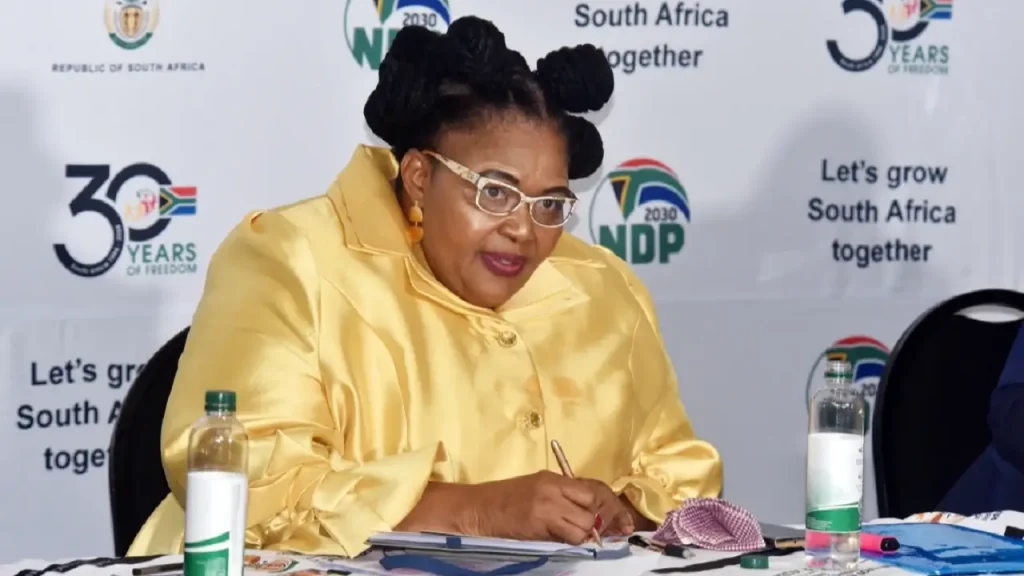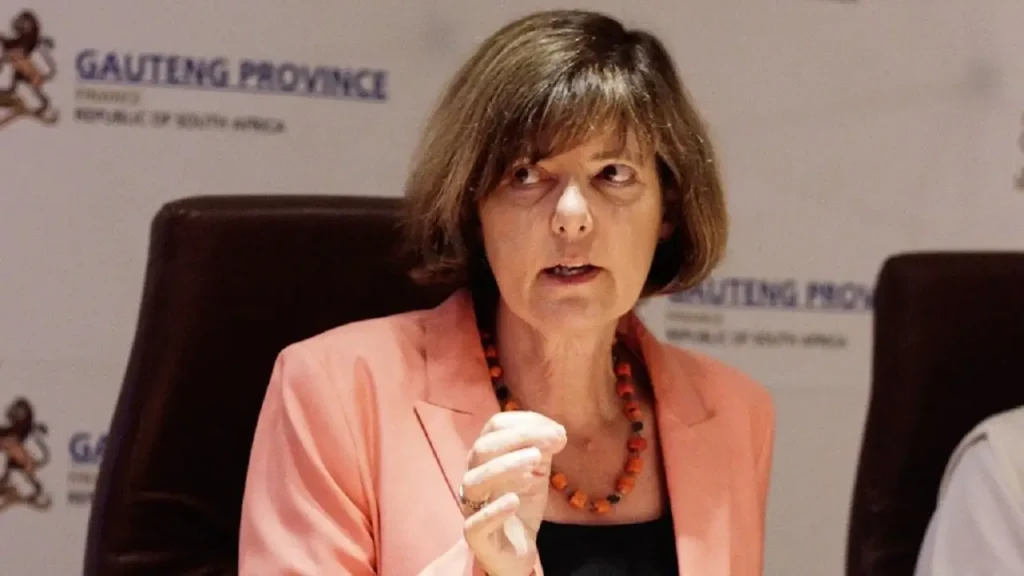Bathabile Dlamini, born on 10 September 1962, is a notable South African politician whose career has been marked by both significant achievements and controversial moments. Serving in several key governmental roles, including as the Minister of Social Development and President of the ANC Women’s League, Dlamini has made a lasting impact on South African politics. Here are 15 important facts you should know about her life and career.
- Early Life and Education
Bathabile Dlamini was born in Nquthu, KwaZulu-Natal, in 1962. She was actively involved in youth activism, co-founding the Imbali Youth Organisation in 1983 and later graduating with a degree in social work from the University of Zululand in 1989. - Involvement with the ANC Women’s League
Dlamini began her political journey in the African National Congress (ANC) Women’s League (ANCWL), where she was a regional secretary before becoming the Deputy Secretary-General in 1992. Her early career in the ANCWL was foundational to her political rise. - Member of Parliament (1994-2004)
After South Africa’s first democratic election, Dlamini was elected as a Member of Parliament (MP) in 1994, serving until 2004. During her time in Parliament, she worked on committees related to Social Development and Correctional Services. - The Travelgate Scandal
In 2006, Dlamini was implicated in the “Travelgate” scandal, where several MPs were accused of misusing parliamentary travel funds. Dlamini pleaded guilty to fraud and was fined R120,000 or sentenced to 10 years in prison, choosing to pay the fine. - Minister of Social Development (2010–2018)
In 2010, Dlamini was appointed Minister of Social Development under President Jacob Zuma. She oversaw social welfare programs, including those for the country’s vulnerable populations, and chaired key committees addressing gender-based violence and early childhood development. - Controversial Expenditures
Dlamini faced criticism for her lavish spending during her ministerial tenure. She was accused of spending taxpayer money on luxury hotels and costly government vehicles, which raised questions about her commitment to the country’s poor. - The 2017 Social Grants Crisis
Dlamini played a central role in the 2017 social grants crisis, which saw the South African Social Security Agency (SASSA) fail to ensure timely payments to millions of South African citizens. This mismanagement led to a scathing ruling by the Constitutional Court. - Constitutional Court Ruling
The Constitutional Court declared Dlamini’s handling of the grants crisis as reckless and negligent. The court also held her personally responsible for the mismanagement of the grants program and mandated that she pay part of the legal costs involved in the case. - Perjury Conviction
In 2022, Dlamini was convicted of perjury for lying under oath during the inquiry into the social grants crisis. She was fined R200,000, or faced a four-year prison sentence, choosing to pay the fine. - Minister for Women (2018–2019)
In 2018, following Zuma’s resignation, Dlamini was appointed Minister for Women under President Cyril Ramaphosa. However, her term ended in May 2019 when she was removed from the cabinet after the general elections. - Supporter of Jacob Zuma
Dlamini was a staunch supporter of former President Jacob Zuma, even publicly defending him against allegations of corruption. She supported his efforts to have Nkosazana Dlamini-Zuma succeed him as ANC president in 2017. - President of the ANC Women’s League (2015–2022)
Dlamini served as the President of the ANC Women’s League from 2015 until 2022. Her tenure was marked by her outspoken support for Zuma and her controversial stance on political matters, including the handling of state capture allegations. - Controversial Remarks on ANC Leaders
During her presidency of the ANC Women’s League, Dlamini famously stated that ANC leaders should avoid publicly discussing state capture because of the potential for exposing “skeletons” in the party. This remark highlighted the factionalism and internal divisions within the ANC. - Failed Comeback in 2023
Dlamini attempted a political comeback in 2023 when the ANC Women’s League held its first elective conference since 2015. However, her bid to regain leadership was unsuccessful, as she received the fewest nominations and votes compared to her competitors. - Personal Life
Dlamini is a single mother, and while she has been a prominent figure in South African politics, she has faced both praise and criticism for her actions throughout her career. Despite her controversial legacy, she remains a key figure in South African political history.

